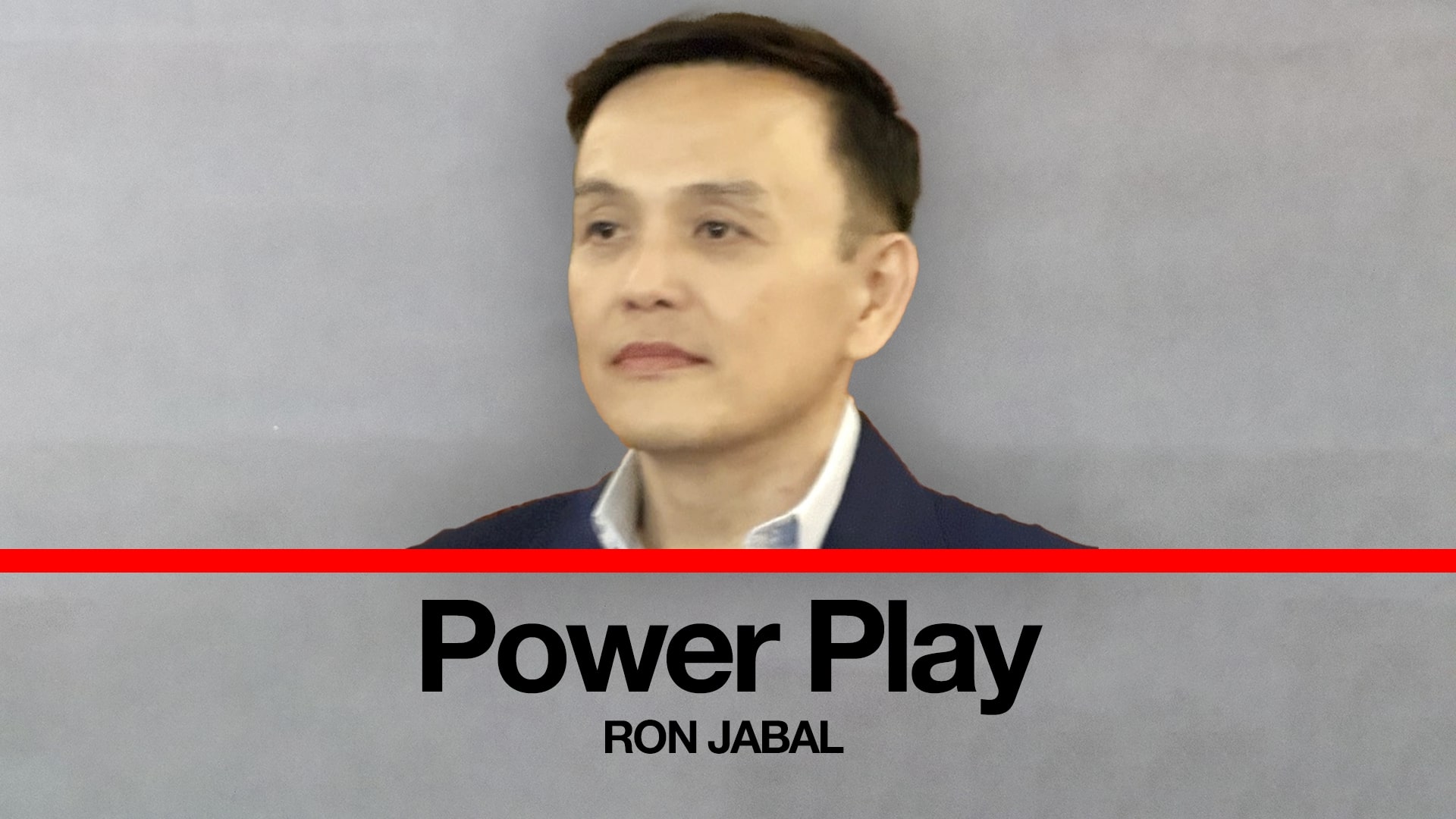In the gripping new Netflix series Adolescence, a 13-year-old boy is arrested for the murder of a female classmate. What begins as a crime drama unravels into a sobering portrait of fragile masculinity, online toxicity, and the dangers of a society that teaches boys to suppress emotion but not entitlement.
But perhaps Adolescence isn’t just a story about youth gone wrong. Perhaps it’s also a reflection of something much larger: the emotional immaturity and crisis of accountability playing out in Philippine politics today.
The Nation as a Teenager
If we were to give our political system an emotional age, it would not be adulthood. It would be adolescence, moody, impulsive, obsessed with power, but terrified of responsibility. Just like Jamie in the series, many of our leaders react to criticism not with reflection, but with rage. They don’t process their failures, they externalize them, blame others, and demand loyalty at all costs.
Vice President Sara Duterte’s continued popularity, despite allegations of fund misuse, plays into this psychology. Much like Jamie, who felt rejected and publicly humiliated, her camp has framed attacks not as calls for accountability but as “bullying” or “persecution.” Political trust becomes less about truth, and more about emotional loyalty. Critics are cast as enemies, and the more under fire a politician is, the more they are mythologized as victims.
This is not maturity. This is performative victimhood: a coping mechanism we see in both troubled youth and insecure power.
Toxic Masculinity and the Incel State
Adolescence shows us the terrifying speed with which young boys can be radicalized into violence through online communities that feed on rejection and resentment. In Philippine politics, we see an analogous phenomenon: a rise in combative, hypermasculine rhetoric that prizes dominance over dialogue, and humiliation over humility.
It’s no coincidence that the Duterte brand, anchored in toughness, vengeance, and macho swagger, has resonated so deeply. It mirrors the incel logic of Adolescence: if I can’t be adored, I’ll be feared. If I am criticized, it’s because others are threatened by me.
This macho posturing is reinforced by algorithm-driven media and a public discourse that rewards insult over insight. And just like the tragic ending of Adolescence, it’s the families i.e. citizens, communities, institutions who bear the consequences of unresolved emotional violence at the top.
Social Media as the New Playground for Power
What Adolescence does brilliantly is highlight the invisible hand of social media in shaping young minds. In the Philippines, political manipulation thrives in the same space. Memes, emojis, misinformation, and influencer noise have replaced policy discourse. In both fiction and reality, the digital space isn’t just chaotic, it’s dangerous.
Online popularity is now political currency. A TikTok video can do more for a candidate than a bill passed in Congress. And just like the emoji exchanges between Jamie and Katie in the show, our political messages have been flattened into symbols, red vs. pink, “unity” vs. “dilawan”, often devoid of substance, but charged with emotion.
Parenting the System
In the final episode, Jamie’s parents ask themselves the heartbreaking question: What could we have done differently? It’s a question Filipino voters must ask of their political system.
We cannot keep electing leaders based on charisma alone, nor tolerate those who refuse to grow. The Philippines does not need more strongmen. It needs grown-ups in the room, leaders with emotional intelligence, not just bluster; those who can build bridges, not echo chambers.
Adolescence is not just a story about one boy’s downfall. It’s a mirror held up to societies that fail to teach their youth and their leaders the responsibility that comes with power, and the cost of unprocessed pain.
It’s time we stopped confusing political noise for political maturity. Because if we keep electing adolescents in adult bodies, we may wake up one day and find ourselves, like Jamie’s parents, wondering how we got here and mourning what could have been avoided.








